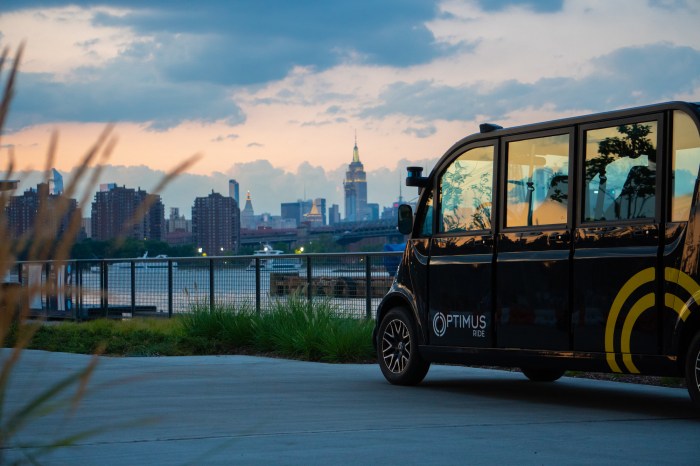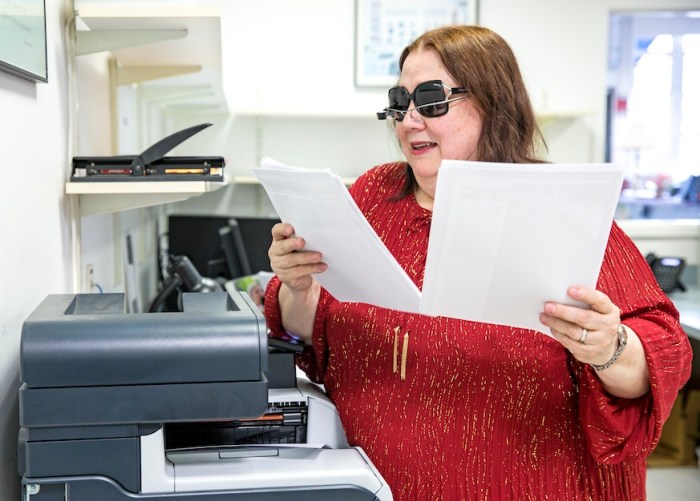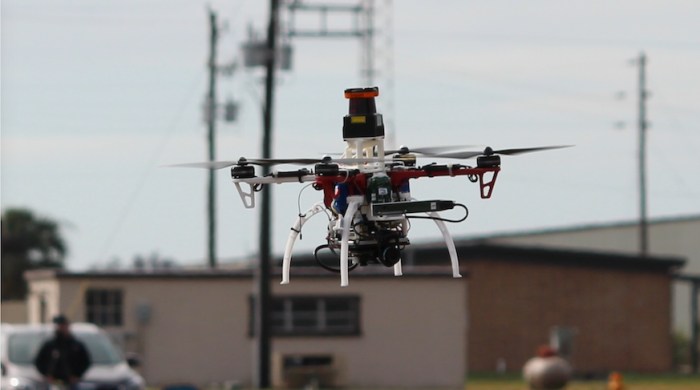Tech isn’t just about having more toys; assistive technology is evolving, too. We found five wearable gizmos, apps and other digital devices offering a meaningful way to change life for the disabled. Smartstones Touch
This palm-sized, pebble-like wearable is designed to give people the ability to “talk” through non-verbal methods. Working together with a connected smartphone, Smartstones use a series of taps, gestures, shakes, swipes, waves, sounds and haptic vibrations to send short messages. The idea here is to facilitate contact with family and friends, so it may work not only for those with difficulties in speaking, but also for children and the elderly. The technology used in Smartstones was developed with the support of medical institutions, universities, scientists, patients and nonprofit organizations. $99, Smartstones.co
ARC pen
British design group Dopa Solution have created the ARC pen, a writing tool designed for sufferers of Parkinson’s disease. The hi-tech device uses vibrations to counteract hand tremors and stimulate muscles in the hand of the user, making it easier for them to write more clearly. The designers hope their invention will combat micrographia, the condition that causes a person’s handwriting to become smaller and more cramped as Parkinson’s progresses. Because of its larger size, the ARC pen is more comfortable and easier to grip. TBA, Dopasolution.com
Be My Eyes app
This app aims to connect blind people with sighted volunteers worldwide via live video chat. Visually impaired users turn on the videolink and point the camera phone to an object, asking others for descriptive help – like reading out ingredients on a food package or directions on how to get to a place. Volunteers simply receive notification messages on their mobiles and then just have to begin a video connection to “lend their eyes” to the user. Free, iOS (Android in development), BeMyEyes.org
Lechal shoes
An Indian technology startup, Lechal, created these GPS-enabled smart sneakers that vibrate to give the wearer the correct direction (right or left turn), designed with the visually impaired in mind. Syncing with an app that follows Google Maps, it can be used to navigate the person anywhere in the world and can even count the number of steps taken, calories burned and distance travelled. With a simple and contemporary design, the shoes are sleek and lightweight and can be used in all kinds of places and climates by intrepid walkers. TBA, Lechal.com
Talk Different app
Using more than 700 images, colors, icons and sounds, Talk Different creates messages to help vocally or hearing-impaired and other users to communicate with others. It was developed by French mother Marie Spitz whose little girl, Pauline, is autistic and has a severe speech disorder. The app is designed to be universal, working worldwide no matter the language, in a very easy way that requires no previous training. 99 cents, iOS & Android; TalkDifferent.com
























